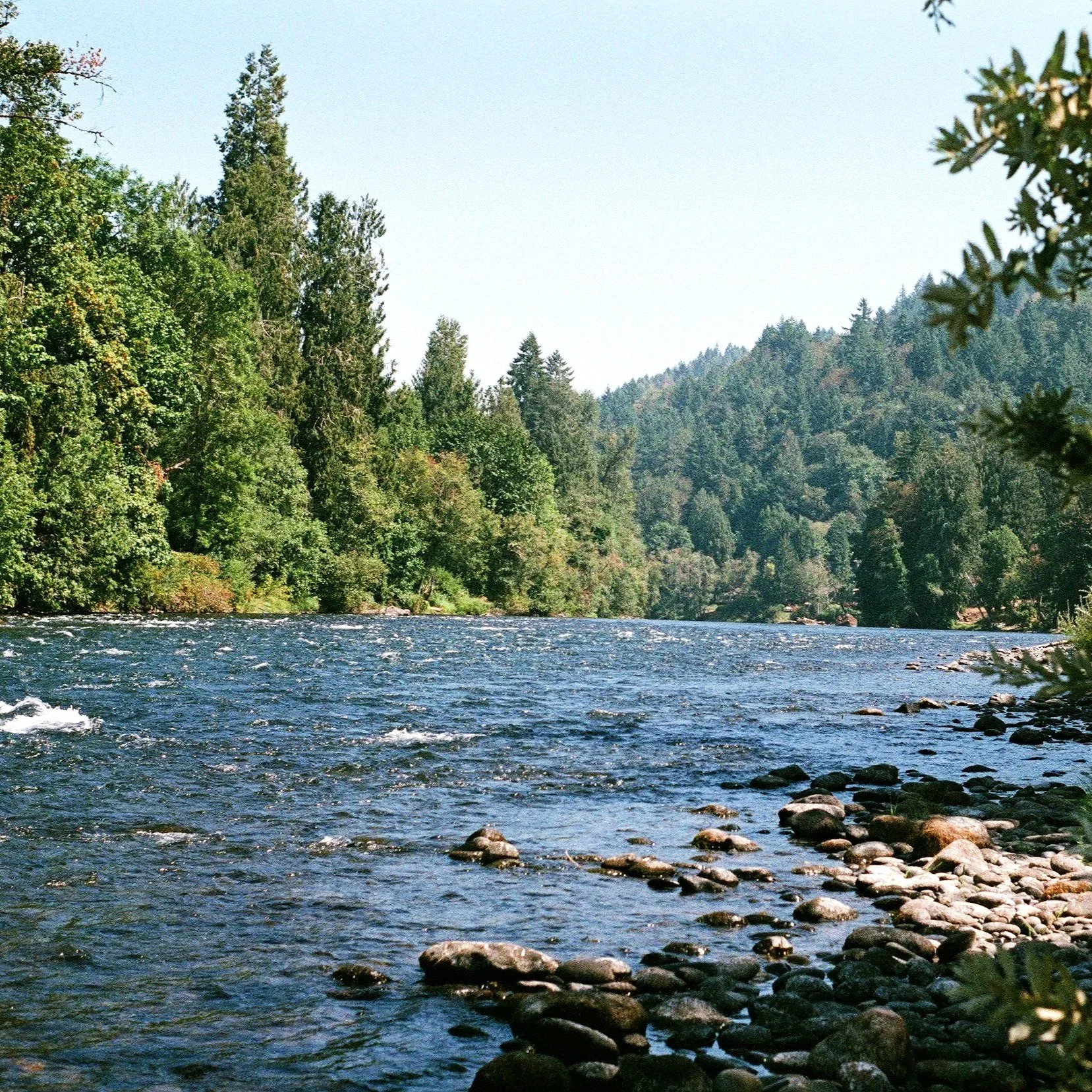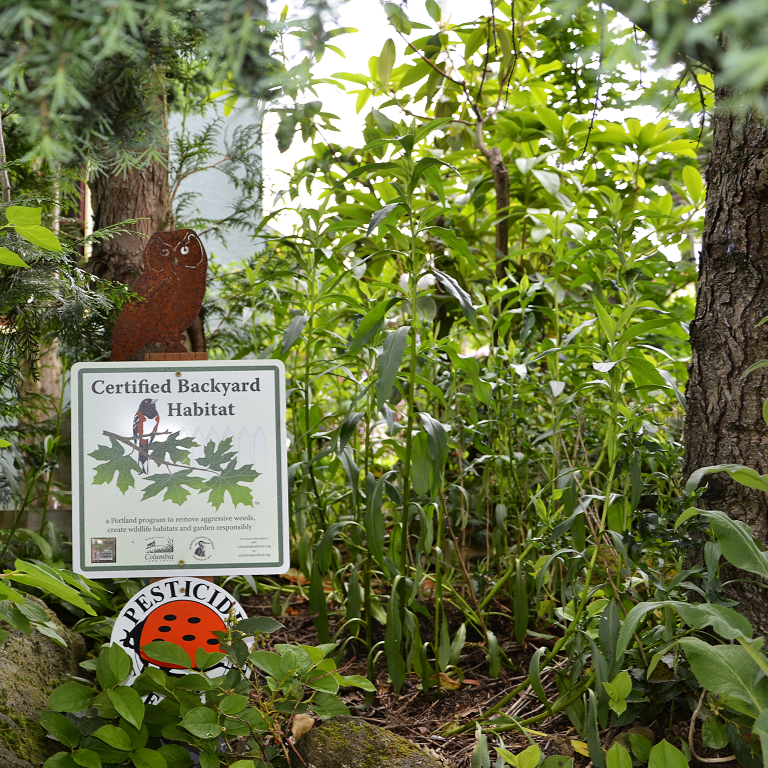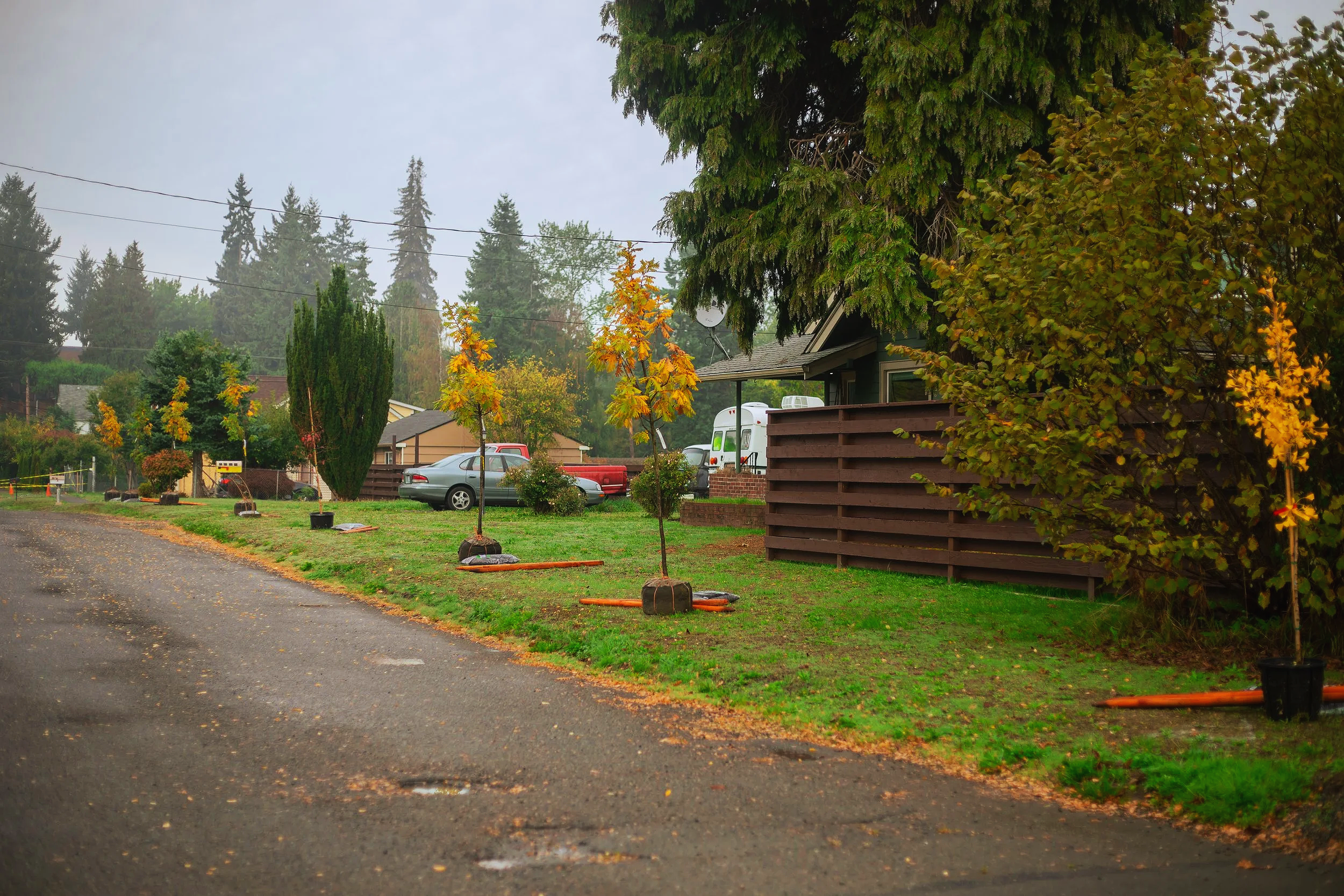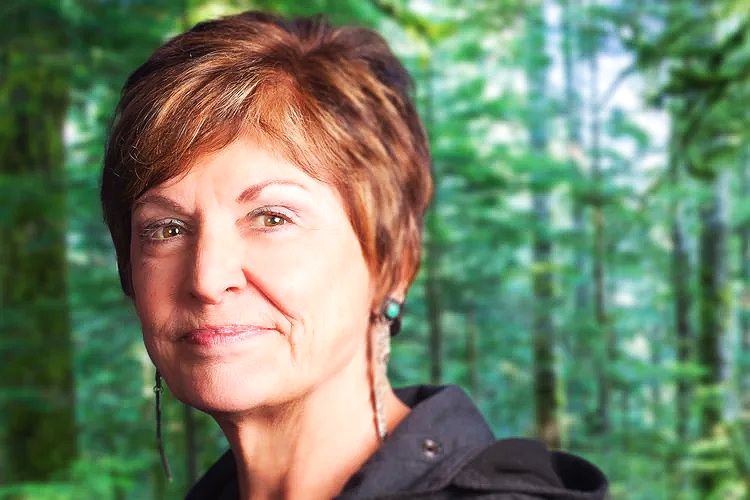
The Ingrid Rasch Legacy Fund
The Ingrid Rasch Legacy Fund enables Earth Economics to provide technical assistance to one non-profit or community-based organization each year to advance local solutions to environmental injustice, climate hazards, or threats of displacement.
2025 recipient
Lower Columbia Fish Enhancement Group
The LCFEG works to restore self-sustaining salmon populations and healthy aquatic ecosystems in Southwest Washington. Their efforts include restoring river and stream habitats, adding nutrients for juvenile fish, and engaging communities in hands-on salmon stewardship and education. Their current focus is on the Toutle River watershed, one of the most sediment-impacted areas in the Pacific Northwest.
Earth Economics worked with LCFEG to analyze the benefits of LCFEG’s restoration work on the South Fork Toutle. We found this project provides an average of $78 million in ecosystem service benefits over 30 years for a $30 million investment—a benefit-cost ratio of 2.59. Most of this value comes from carbon sequestration, outdoor recreation, flood control, and water quality improvements. In addition, these LCFEG restoration projects support $21 million in wages and nearly 400 jobs.
2024 recipient
Columbia Land Trust
Columbia Land Trust is dedicated to conserving and caring for the vital lands, waters, and wildlife of the Columbia River region in Oregon and Washington. Their Backyard Habitat Certification Program, a collaboration with Bird Alliance of Oregon, empowers residents to restore native landscapes and improve climate resilience, to reach communities of color, low-income earning families, and others historically excluded from conservation.
More than 12,000 participants in the Backyard Habitat Certification Program have planted over 900 native trees, shrubs, and groundcover plants across the Portland-Vancouver metro area. These projects provide over $5 million in public benefits each year, including aesthetic beauty, noise reduction, stormwater management, urban heat mitigation, and wildlife habitat.
2023 Recipient
Tacoma Tree Foundation
In 2023, the Tacoma Tree Foundation partnered with the City of Tacoma to expand the urban tree canopy in McKinley Hill, a diverse and historically underserved neighborhood. Through its Community Tree Program, 228 street trees were planted to increase resilience, improve neighborhood livability, and reduce heat-related health risks.
Earth Economics found that the Community Tree Program will generate $2.67M in ecosystem services over 25 years—equivalent to a $6.59 return for every $1 invested. Much of this value comes by improving public health, by limiting heat extremes—especially for vulnerable seniors.
By investing in community-driven, nature-based solutions, Tacoma is advancing environmental equity while creating long-term economic and health benefits. This shows how local partnerships and targeted funding can support resilient, thriving neighborhoods through green infrastructure.
Amigos de Los Rios
2022 Recipient
The inaugural Ingrid Rasch Legacy Fund awardee was Amigos de los Rios, a non-profit based in Los Angeles, California. For nearly 20 years, Amigos de los Rios has been committed to improving the built environment and bolstering civic engagement in under-served communities. They work to empower community members with shared values of environmental stewardship, cultural awareness, and the power to effect positive change.
Earth Economics partnered with Amigos de los Rios to measure the impact of greening schools. Our benefit-cost analysis of Green School projects helped to reveal the public cost savings and multiple co-benefits of investing in greening schools. With this data and information, Amigos de los Rios is able to make the case for future investment in green infrastructure initiatives and inform dialogue with the Los Angeles County Board of Education.

Earth Economics provides economic valuation,
mapping, and training services.
Economic valuation of proposed or completed projects, including green infrastructure, green workforce development, tree planting, gardens, habitat restoration, or park development. Depending on data availability and need, services can include ecosystem service and community benefit valuation, qualitative valuation, and/or framework development, leading to factsheet summaries for the general public, or more detailed reports.
Mapping can document historic, existing, or proposed greenspaces and other natural assets, disproportionate impacts (e.g., flooding, heat), or the flow of benefits to specific stakeholders. Maps may be interactive and web-based, or produced for print or geospatial software.
Training services are available to help organizations better understand green infrastructure and natural capital, the value of ecosystem services, and the strategic opportunities presented by ecosystem services valuation, or how to map community or project assets. Training support materials include slide decks, presentations, and curriculum development.
About the Ingrid Rasch Legacy Fund
Ingrid Rasch served as Earth Economics’ Board Chair for 13 years, helping to build the board and set strategic direction. Ingrid was critical in doubling the size of our board and bringing in a diverse group of talented people from different industries that share the same vision at Earth Economics. Her efforts to connect with businesses and the finance sector have been instrumental in shaping Earth Economics’ future.
At the end of 2021, the Board of Directors created the Ingrid Rasch Legacy Fund, which honors Ingrid’s values as an advocate of the environment and wildlife. She has dedicated her life to advancing recognition for the importance of the environment to communities, economies, and businesses. With the Fund, we aim to spur innovative ideas and support environmental stewards who are forging change within their own communities.






